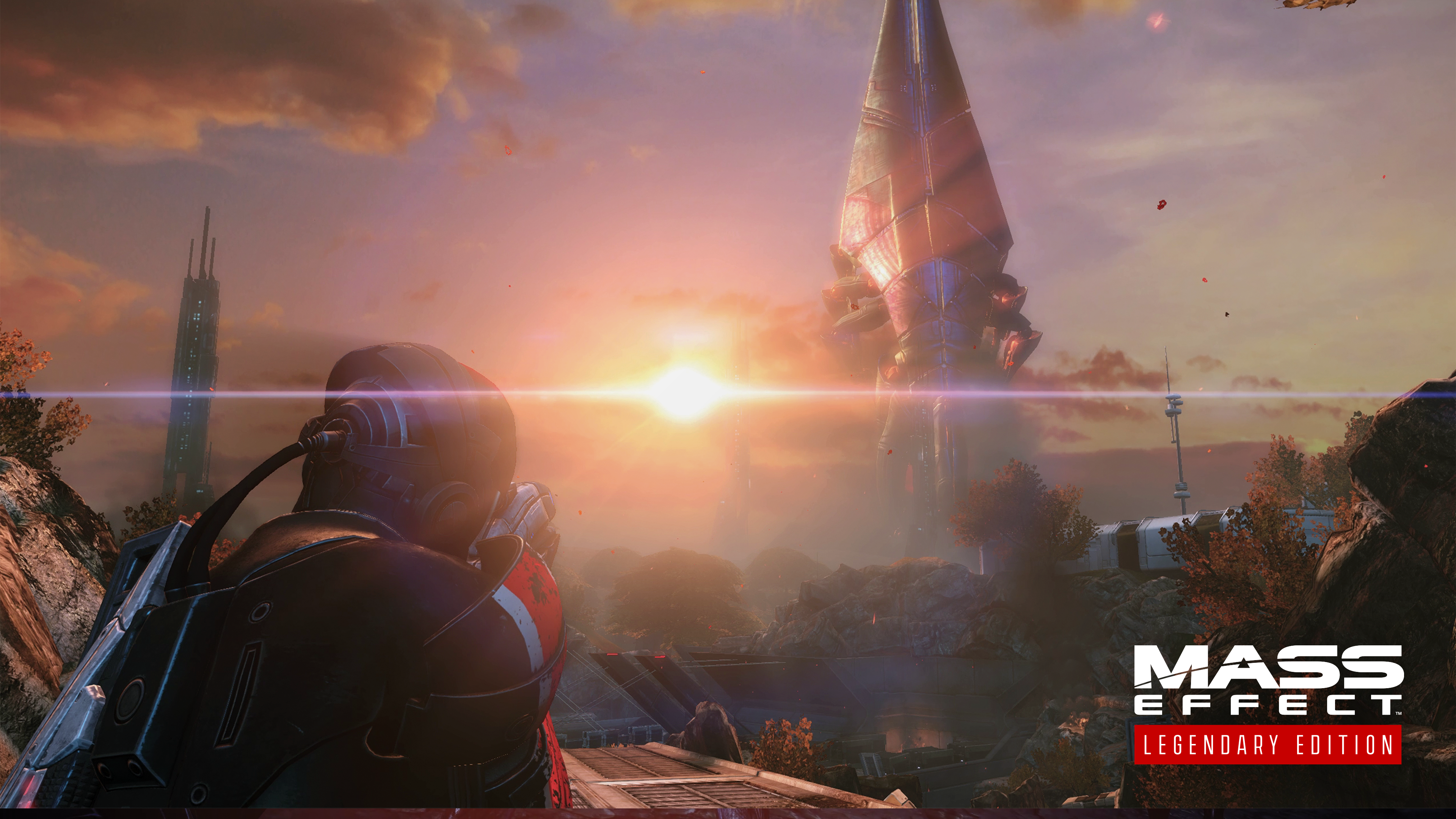In Mass Effect: Legendary Edition the first game is a partial remake, the sequels are remasters
And the Mako handling's been overhauled.

In a developer stream detailing the upcoming Mass Effect: Legendary Edition, BioWare explained some of the few changes that have been made to gameplay, and why. They all involve the first game in the series, which makes sense as the first Mass Effect was mostly an RPG, the action wasn't so slick, and the sequels focused on greatly improving the feel of combat.
So the first Mass Effect game in its Legendary Edition form has received substantial changes to the combat system and UI, with various interfaces overhauled, and things brought in-line with the sequels' improvements: better aiming, squad controls, team AI, and camera positioning. On the last point, for example, you'd commonly take cover in that game and get a brief view of the interior of Shepard's skull: no more. Finally, and perhaps most-wanted of all, the handling of the Tonka-like Mako surface vehicle has been overhauled. I always hated the way this thing drove, so good news.
These kinds of gameplay changes weren't necessary for the sequels, so they're more straightforward remasters, and there will be no big changes to how the adventure itself plays out. At one point there were discussions about pursuing a more ambitious route, technologically speaking, but that would have put BioWare in a position where, essentially, the games were being rebuilt from scratch.
"One of the first questions is if we're remastering this, what does that look like, and what does it mean to us," says Mac Walters, Mass Effect Legendary Edition's project director and a longtime BioWare developer. "It quickly became this archaelogical discovery, pulling things out [...] one of the jokes I'd make, we'd talk about restoring a beautiful beloved car, but then it quickly turned into sure, if that car was buried in cement, and every time you tried to clear off some of the cement you were worried about dinging the paint or ripping off a mirror..."
"Quite early we spoke to people and Epic and asked what would this look like if we took it into Unreal Engine 4, and it quickly became clear that that jump would really change fundamentally what the trilogy was, and how it felt, how it played. An example would be the Unreal Engine 3 scripting language Kismet, there's no copy-paste equivalent to that, so every moment, every scene would essentially have to be redone from scratch and we'd take away the essence of what the trilogy was. So what this was about was fidelity, taking off some of the edges people would expect."
As for changes to the narrative and character interactions, Walters says "we considered things like story and character but that's so much a part of your experience and memory of this that we took that off the table pretty quick."
The biggest gaming news, reviews and hardware deals
Keep up to date with the most important stories and the best deals, as picked by the PC Gamer team.

Rich is a games journalist with 15 years' experience, beginning his career on Edge magazine before working for a wide range of outlets, including Ars Technica, Eurogamer, GamesRadar+, Gamespot, the Guardian, IGN, the New Statesman, Polygon, and Vice. He was the editor of Kotaku UK, the UK arm of Kotaku, for three years before joining PC Gamer. He is the author of a Brief History of Video Games, a full history of the medium, which the Midwest Book Review described as "[a] must-read for serious minded game historians and curious video game connoisseurs alike."

